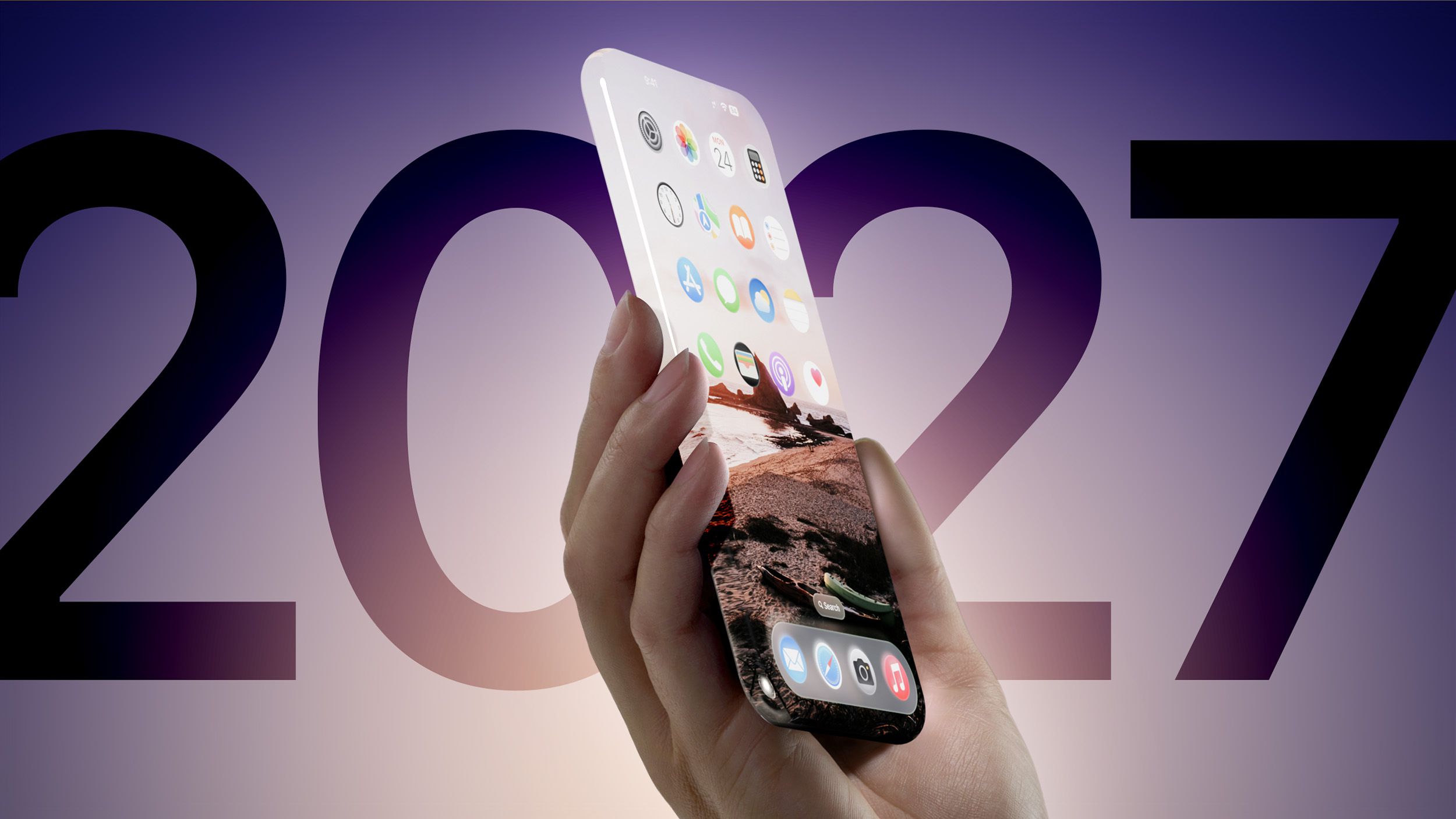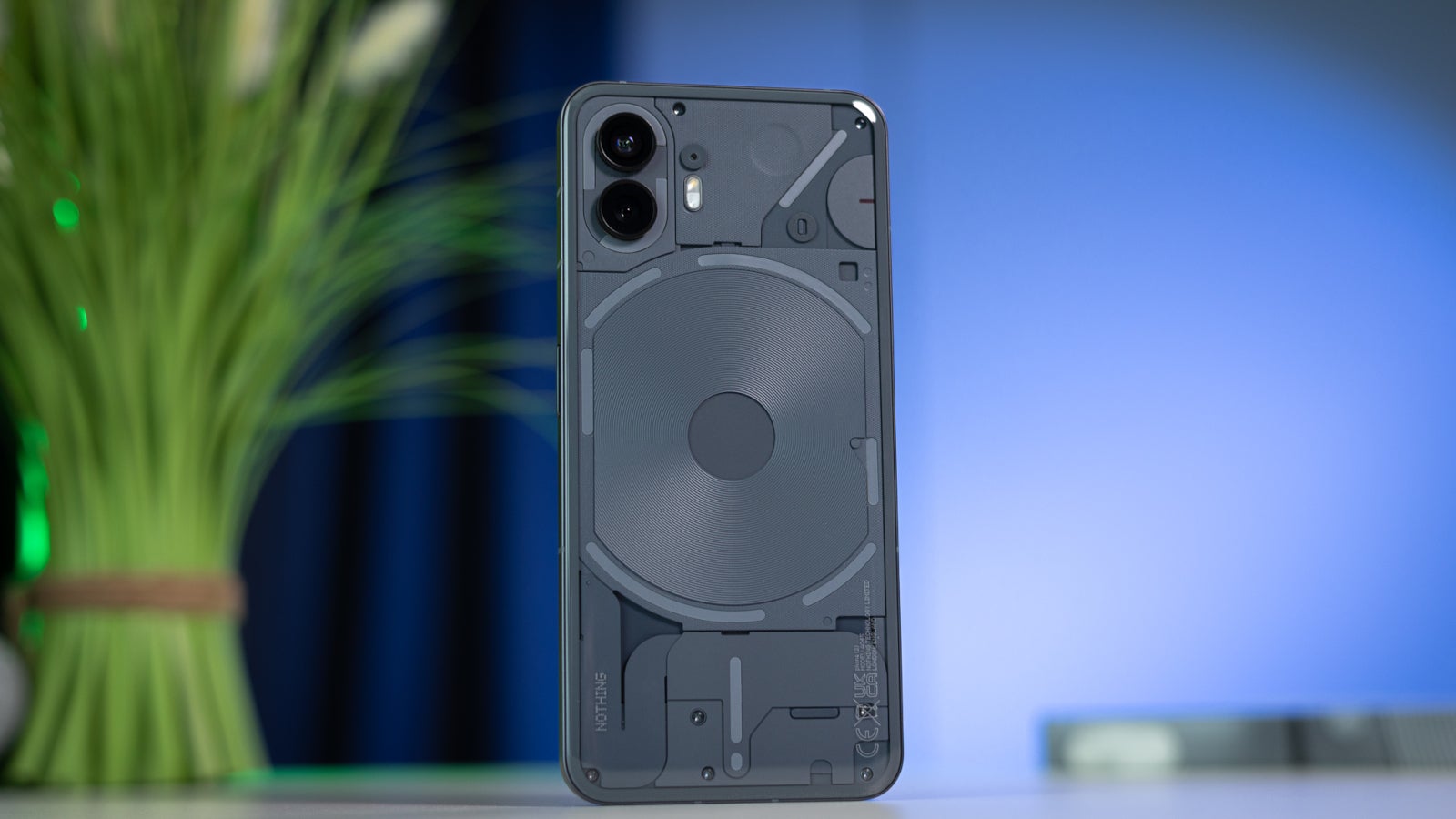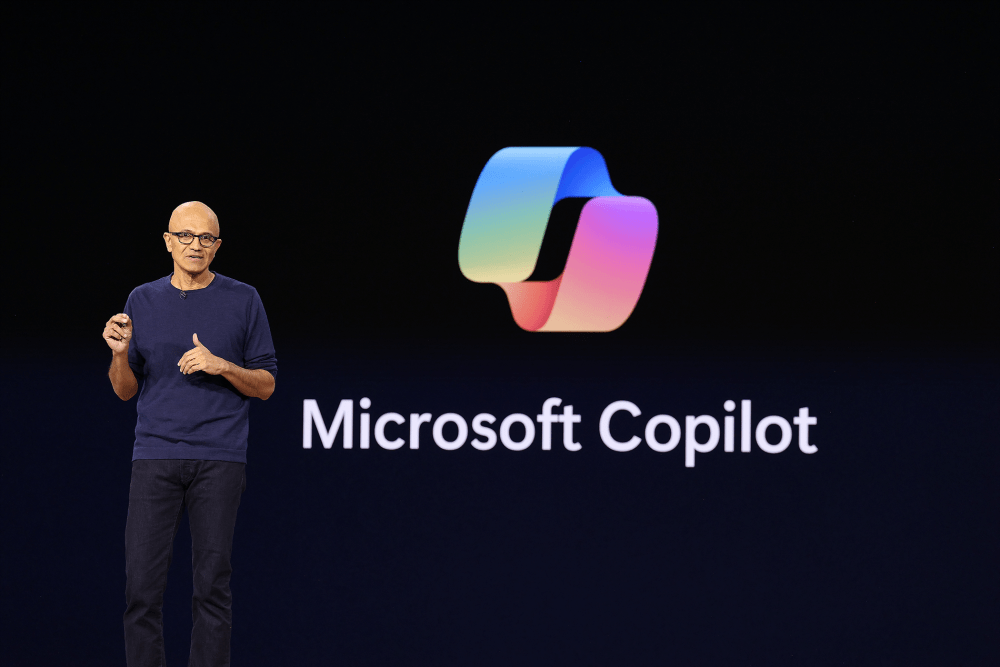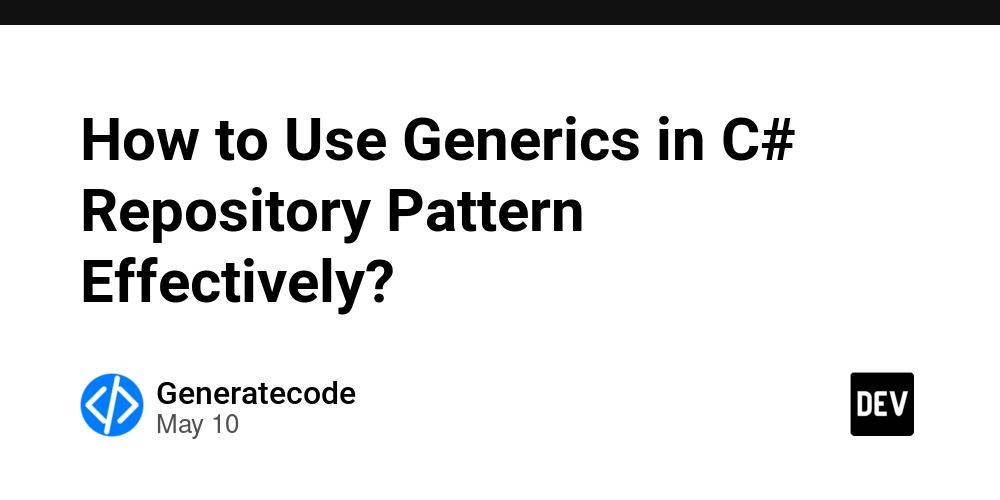Black mirror’s ‘eulogy’ broke me and maybe fixed me too
How a dead ex, a memory machine, and Paul Giamatti shattered my soul at 2 a.m. Introduction: grief.exe has crashed You ever open an old voice note at 2 a.m. just to hear someone’s laugh again? Or scroll through years-old chats, hoping a digital breadcrumb might bring a heartbeat back? That’s grief in the 2025 era always online, always one click away. Eulogy, the final episode of Black Mirror Season 7, doesn’t just understand that feeling. It weaponizes it. It starts soft. Quiet. Melancholic. Paul Giamatti plays Phillip, a man who lost someone his ex, Carol and now spends his days inside a memory simulator, talking to a digital version of her. Think: therapy, but with code. Think: closure, but scripted. Except it’s not healing. It’s haunting. And watching it felt less like an episode and more like a late-night emotional ambush. This wasn’t science fiction. This was a mirror one that knew exactly where to crack me open. 2. Phillip and the illusion of healing Phillip isn’t in denial. He’s just… buffering. In Eulogy, Paul Giamatti gives us a man who genuinely believes he’s making progress. Every morning, he boots up a memory sim that lets him relive moments with Carol his ex who passed away, but who now “lives” in a digital archive of their past. The device gives him warmth, routine, and the illusion of control. To outsiders, it might look like grief therapy 2.0. But what we’re really watching is a man building a padded cell out of nostalgia. The simulator lets Phillip rewind their best days, skip the awkward silences, even tweak Carol’s responses. At first, it’s subtle. She’s just a little kinder. A little more available. A little less real. And that’s where the spiral starts. He’s not processing loss he’s programming comfort. And like all comfort zones, it becomes a trap. The more time he spends with “memory Carol,” the harder it gets to remember who the real Carol even was. This isn’t healing. This is emotional emulation. It’s grief that never evolves just loops. The episode never yells this at you. It just lets Phillip drown quietly while convincing himself he’s swimming. 3. Memory editing is seductive and scary There’s something dangerously comforting about the idea of rewriting the past. That fight you wish never happened? Delete it. The joke you regret not laughing at? Rewind it. That final moment you never got to say goodbye? Simulate it. Phillip’s simulator offers him all of that. And he takes it bit by bit. A tweak here, a retouch there. Until the version of Carol he’s talking to isn’t a person anymore it’s a curated echo. A safe, responsive, idealized ghost of someone he once knew. She never gets frustrated. Never interrupts. Never leaves. But that perfection has a price. Because the more he edits, the more he forgets. Not forgets like amnesia forgets like denial. The hard memories, the rough edges, the unresolved truths… they don’t just vanish. They rot in the corners of his mind, overwritten by emotional Photoshop. And then the real glitch hits. Phillip uncovers something his mind had buried: Carol had a daughter. She left a goodbye letter. There was more to her life than just his version of her. And suddenly, the whole simulation shudders under the weight of reality. “Was she always that kind, or did I just delete the rest?” That line didn’t just sting it detonated. Because we’ve all done it. We don’t grieve people as they were. We grieve them as we remember them and memory is a terrible editor. It cuts the uncomfortable, loops the beautiful, and eventually, creates something comforting but false. Phillip built a monument to Carol but made it out of soft lies. And like any glitchy program running too long, it eventually breaks. 4. Grief tech is already a thing The scariest part of Eulogy isn’t the simulator. It’s that we’ve already built one. Maybe not with the same polish or Paul Giamatti’s haunted eyes, but the ingredients? All on the shelf. Project December lets people chat with bots trained on their dead loved ones’ text messages. Think GPT, but grieving. Replika offers AI companions that mimic emotional intimacy some people call them their boyfriend or girlfriend. MyHeritage’s Deep Nostalgia animates still photos of dead relatives. Eyes blink. Faces move. It’s beautiful. It’s also low-key terrifying. ElevenLabs and Respeecher can clone voices so accurately you’d swear the person was on the other end of the phone. Now connect the dots. Give Replika your late partner’s chat history. Add Deep Nostalgia’s visuals. Overlay voice cloning. Plug it all into a VR memory space with a little LLM magic. Boom. You’ve got Phillip’s memory simulator version 0.9. This isn’t speculative fiction. This is just a couple of product updates away. And the wild thing? People want this. They crave it. Because grief is brutal and tech feels like salvation. We want one more hug, one more laugh, one more chance to say the thing we never said. But here’s the danger: when AI starts offering comfort that re

How a dead ex, a memory machine, and Paul Giamatti shattered my soul at 2 a.m.

Introduction: grief.exe has crashed
You ever open an old voice note at 2 a.m. just to hear someone’s laugh again? Or scroll through years-old chats, hoping a digital breadcrumb might bring a heartbeat back? That’s grief in the 2025 era always online, always one click away.
Eulogy, the final episode of Black Mirror Season 7, doesn’t just understand that feeling. It weaponizes it.
It starts soft. Quiet. Melancholic. Paul Giamatti plays Phillip, a man who lost someone his ex, Carol and now spends his days inside a memory simulator, talking to a digital version of her. Think: therapy, but with code. Think: closure, but scripted.
Except it’s not healing. It’s haunting.
And watching it felt less like an episode and more like a late-night emotional ambush. This wasn’t science fiction. This was a mirror one that knew exactly where to crack me open.
2. Phillip and the illusion of healing
Phillip isn’t in denial. He’s just… buffering.
In Eulogy, Paul Giamatti gives us a man who genuinely believes he’s making progress. Every morning, he boots up a memory sim that lets him relive moments with Carol his ex who passed away, but who now “lives” in a digital archive of their past. The device gives him warmth, routine, and the illusion of control.
To outsiders, it might look like grief therapy 2.0. But what we’re really watching is a man building a padded cell out of nostalgia.
The simulator lets Phillip rewind their best days, skip the awkward silences, even tweak Carol’s responses. At first, it’s subtle. She’s just a little kinder. A little more available. A little less real.
And that’s where the spiral starts.
He’s not processing loss he’s programming comfort. And like all comfort zones, it becomes a trap. The more time he spends with “memory Carol,” the harder it gets to remember who the real Carol even was.
This isn’t healing. This is emotional emulation. It’s grief that never evolves just loops.
The episode never yells this at you. It just lets Phillip drown quietly while convincing himself he’s swimming.
3. Memory editing is seductive and scary
There’s something dangerously comforting about the idea of rewriting the past.
That fight you wish never happened? Delete it.
The joke you regret not laughing at? Rewind it.
That final moment you never got to say goodbye? Simulate it.
Phillip’s simulator offers him all of that. And he takes it bit by bit. A tweak here, a retouch there. Until the version of Carol he’s talking to isn’t a person anymore it’s a curated echo. A safe, responsive, idealized ghost of someone he once knew.
She never gets frustrated. Never interrupts. Never leaves.
But that perfection has a price.
Because the more he edits, the more he forgets. Not forgets like amnesia forgets like denial. The hard memories, the rough edges, the unresolved truths… they don’t just vanish. They rot in the corners of his mind, overwritten by emotional Photoshop.
And then the real glitch hits.
Phillip uncovers something his mind had buried: Carol had a daughter. She left a goodbye letter. There was more to her life than just his version of her.
And suddenly, the whole simulation shudders under the weight of reality.
“Was she always that kind, or did I just delete the rest?”
That line didn’t just sting it detonated.
Because we’ve all done it. We don’t grieve people as they were. We grieve them as we remember them and memory is a terrible editor. It cuts the uncomfortable, loops the beautiful, and eventually, creates something comforting but false.
Phillip built a monument to Carol but made it out of soft lies.
And like any glitchy program running too long, it eventually breaks.

4. Grief tech is already a thing
The scariest part of Eulogy isn’t the simulator.
It’s that we’ve already built one.
Maybe not with the same polish or Paul Giamatti’s haunted eyes, but the ingredients? All on the shelf.
- Project December lets people chat with bots trained on their dead loved ones’ text messages. Think GPT, but grieving.
- Replika offers AI companions that mimic emotional intimacy some people call them their boyfriend or girlfriend.
- MyHeritage’s Deep Nostalgia animates still photos of dead relatives. Eyes blink. Faces move. It’s beautiful. It’s also low-key terrifying.
- ElevenLabs and Respeecher can clone voices so accurately you’d swear the person was on the other end of the phone.
Now connect the dots.
Give Replika your late partner’s chat history. Add Deep Nostalgia’s visuals. Overlay voice cloning. Plug it all into a VR memory space with a little LLM magic. Boom. You’ve got Phillip’s memory simulator version 0.9.
This isn’t speculative fiction. This is just a couple of product updates away.
And the wild thing? People want this. They crave it. Because grief is brutal and tech feels like salvation. We want one more hug, one more laugh, one more chance to say the thing we never said.
But here’s the danger: when AI starts offering comfort that reality can’t, are we still healing or just hiding?
5. Eulogy isn’t sci-fi it’s a warning label
At face value, Phillip’s simulator looks like a dream tool. Personalized grief counseling. Memory preservation. Emotional closure on demand.
But Black Mirror doesn’t do dreams. It does what-if nightmares that are already halfway real.
Because once you give people the power to edit their past, relive it, and shape it into something softer why would they ever leave?
That’s the slow horror of Eulogy. Not dystopian overlords or killer robots. Just a man, alone, quietly rotting in a room built out of his own highlights.
The tech is sleek. The interface, humane. But the result is devastating: a feedback loop of nostalgia so powerful, it replaces reality.
And we’re not far from it.
We already curate our present. Instagram stories that crop the chaos. Tweets that retell conversations the way we wish they happened. iPhone memories that surface only the photos where everyone was smiling.
Eulogy just takes that one step further: What if your past was editable too?
What if the worst parts of someone you lost the mess, the conflict, the honesty could be deleted?
Would you do it?
And if you did, what would you lose along the way?
Phillip chose comfort over truth. But the memory didn’t stay quiet. And eventually, the cracks started showing.
Because real grief doesn’t live on a timeline or in a perfectly preserved digital replica.
It lives in the mess.
6. The cost of perfect memory
Phillip didn’t want closure. He wanted control.
And that’s the trap.
When we start editing memories like Google Docs trimming the awkward, deleting the painful, rewording the messy we don’t just sanitize the past. We strip it of its meaning.
That’s the price of perfection.
In Eulogy, the simulated Carol is always gentle, always available, always loving. She’s everything Phillip wants to remember, but nothing he actually needs to. Because the real Carol? She had depth. Anger. Regret. A daughter. A life outside of Phillip’s curated loop.
By trying to immortalize her “best” version, Phillip doesn’t just lose he loses the truth.
And truth matters, especially when it hurts. That’s where grief lives. In the sharp edges. In the contradictions. In the parts we don’t post.
The episode hits hardest when Phillip finally listens to an unedited voicemail from Carol. No filters. No simulation. Just a moment of human fragility. Her voice cracks. She sounds tired. Real.
It’s not poetic.
It’s not comforting.
It’s honest.
And somehow, that honesty cuts deeper than all the manufactured affection ever could.
Because grief, real grief, demands presence. Not plugins. Not patches.
It wants you to sit in the silence. To feel the discomfort. To remember everything even the parts you wish you could delete.

7. Paul Giamatti deserves an Emmy and a nap
Let’s just get this out of the way: Paul Giamatti absolutely crushed this.
No overacting. No dramatic sobfests. Just a man slowly folding in on himself, frame by frame.
What makes his performance in Eulogy so gutting isn’t what he says it’s what he holds back. The shaky exhales. The tight jaw when Carol smiles just a little too perfectly. The way he listens to silence like it’s screaming.
He doesn’t play grief like it’s a breakdown. He plays it like a background process always running, always draining battery, occasionally freezing everything else.
There’s a moment where Phillip listens to one of Carol’s real voicemails. No sim, no edits. Just her voice, static and vulnerable. He closes his eyes not to escape it, but to feel it.
He doesn’t cry.
He just breathes.
And somehow, that breath hits harder than any monologue ever could.
It’s the performance of a man who’s been carrying too much for too long and still refuses to put it down. Which is, let’s be honest, painfully relatable.
According to behind-the-scenes interviews, even the crew cried during filming. No surprise. Watching Giamatti in this role feels less like acting and more like watching someone actually lose someone they love.
He made this episode feel real. Too real.
And that’s exactly why it hurts.
8. The temptation of nostalgia in the age of AI
We’ve always been nostalgic creatures. But now? Now we have tools.
AI doesn’t just help us remember it helps us replay, reshape, rebuild. And that’s where things get weird.
In Eulogy, Phillip doesn’t want to move on. He wants to rewind. To stay in a version of the past where the hard parts don’t exist. Where love doesn’t come with loss. Where the story doesn’t end.
And thanks to tech, he gets exactly that.
But here’s the real horror: we’re doing the same thing.
Not with fancy VR rigs (yet), but with what we already have.
- Old texts we reread like scripture.
- Photo archives that auto-sort our happiest moments.
- TikTok filters that resurrect 2007 like it’s a religion.
- Voice AIs trained on your late father’s voicemails.
- Bots you can train to say what you wish someone said to you.
We’re not just preserving memories we’re curating them. Polishing them. Replaying them until the real thing fades.
And every time we do, we risk trading closure for comfort. Reality for simulation.
Phillip’s story isn’t extreme. It’s just… ahead of schedule.
Because the more advanced our tools get, the easier it becomes to live in the past.
And the harder it becomes to leave it behind.
9. I saw myself in Phillip
I didn’t cry just because Phillip lost someone.
I cried because I’ve done what he did.
Not with a neural simulator or memory playback headset but in quieter, subtler ways. I’ve rewritten moments in my head to make them easier to carry. Smoothed out the rough edges of someone I miss. Ignored the parts that hurt too much to hold onto.
I’ve scrolled through old chat threads at 3 a.m., chasing closure in digital echoes. Replayed voice notes like they were spells. Drafted texts I’d never send, as if unsent words could somehow reverse time.
It wasn’t healing.
It was stalling.
Watching Phillip obsess over his curated version of Carol hit a little too close. His question “Was she always that kind, or did I just delete the rest?” landed like a punch to the gut.
Because that’s the thing about grief: it’s not always loud. Sometimes it just lingers in the apps you refuse to delete. The photos you never scroll past. The bookmarks you haven’t touched in years.
Grief.exe didn’t just crash for Phillip.
It crashed for me, too.
And maybe that’s what this episode gets so heartbreakingly right it doesn’t just show grief. It shows how easily we get stuck in it, especially when technology hands us a pause button.
10. Conclusion: close the tab
Eulogy isn’t about futuristic tech. It’s about what we do when we’re given the choice to feel less.
Phillip didn’t want to forget Carol. He wanted to remember her without pain. But grief doesn’t work like that. It doesn’t run on clean code. It crashes. It loops. It breaks you, slowly, until you’re forced to face the raw, unfiltered truth.
And maybe that’s the point.
There’s a moment quiet and devastating where Phillip finally stops editing. He doesn’t tweak the memory. Doesn’t talk back. He just listens. To her real voice. To her goodbye. To the version of her that didn’t need fixing.
And in that silence, something breaks. But something also begins to heal.
Because the real work of grief doesn’t happen inside simulators. It happens when we accept the mess. The unfinished goodbyes. The parts we can’t replay or reframe.
So yeah Eulogy broke me.
But it also reminded me to close the tab.
To stop scrolling through the past like I could find a better version of it. To stop polishing pain into something it never was. To just… sit with it.
Because in the end, the best eulogy isn’t a highlight reel.
It’s the truth.
Even when it hurts.
Helpful Links & Resources
Black Mirror Season 7, Episode: Eulogy
Streaming on Netflix
Real-World Grief Tech & Tools:
- Project December Chat with AI simulations of real people https://projectdecember.net
- Replika AI companion chatbot that mimics human relationships https://replika.ai
- MyHeritage Deep Nostalgia Animate old photos of loved ones https://www.myheritage.com/deep-nostalgia
- ElevenLabs Voice cloning platform https://www.elevenlabs.io
- Respeecher High-quality voice synthesis for media and memory https://www.respeecher.com
Articles & Features:
- “The man who speaks to the dead using AI” BBC https://www.bbc.com/news/technology-55214395
- “A chatbot that simulates the dead is creating a new kind of grief” The Verge https://www.theverge.com/2020/12/8/22163088
- “AI companions are changing the way we grieve” The Guardian https://www.theguardian.com/technology/2023/feb/21/ai-grief-chatbots
Further Reading:
- The Future of Memory: How AI is Redefining Grief MIT Tech Review https://www.technologyreview.com




























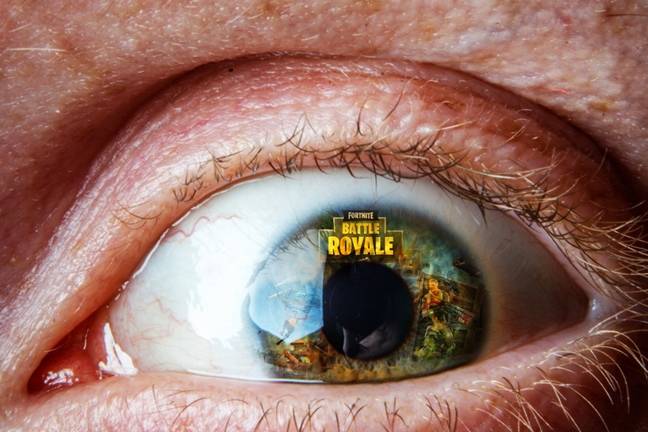
















































































































































![[The AI Show Episode 146]: Rise of “AI-First” Companies, AI Job Disruption, GPT-4o Update Gets Rolled Back, How Big Consulting Firms Use AI, and Meta AI App](https://www.marketingaiinstitute.com/hubfs/ep%20146%20cover.png)













































































































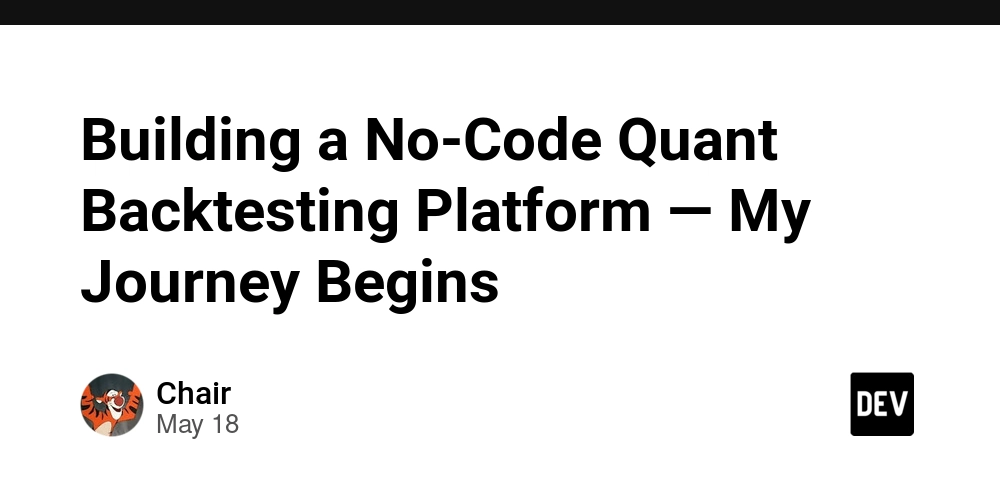

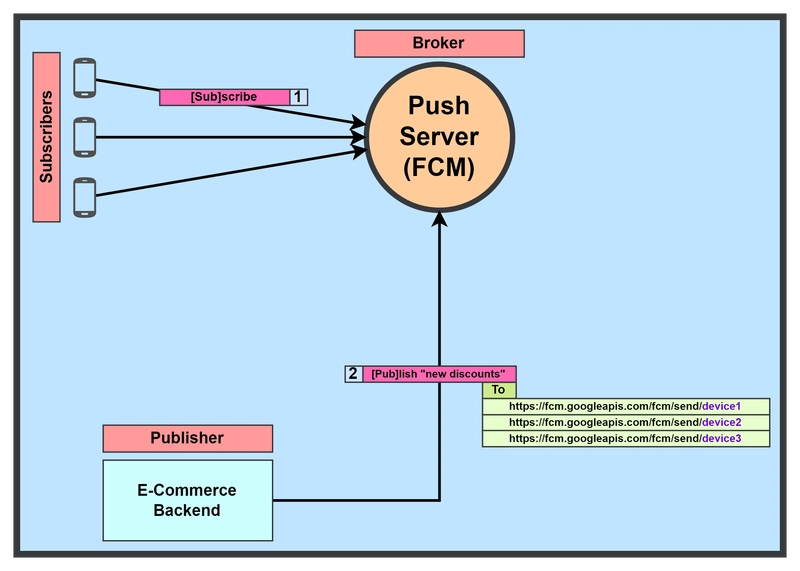










![[FREE EBOOKS] Modern Generative AI with ChatGPT and OpenAI Models, Offensive Security Using Python & Four More Best Selling Titles](https://www.javacodegeeks.com/wp-content/uploads/2012/12/jcg-logo.jpg)




![How to make Developer Friends When You Don't Live in Silicon Valley, with Iraqi Engineer Code;Life [Podcast #172]](https://cdn.hashnode.com/res/hashnode/image/upload/v1747360508340/f07040cd-3eeb-443c-b4fb-370f6a4a14da.png?#)


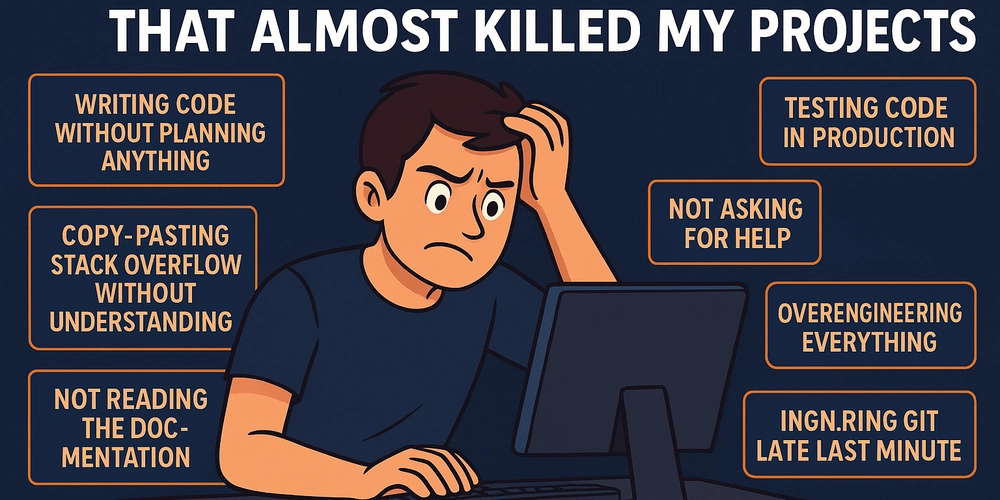





































































































































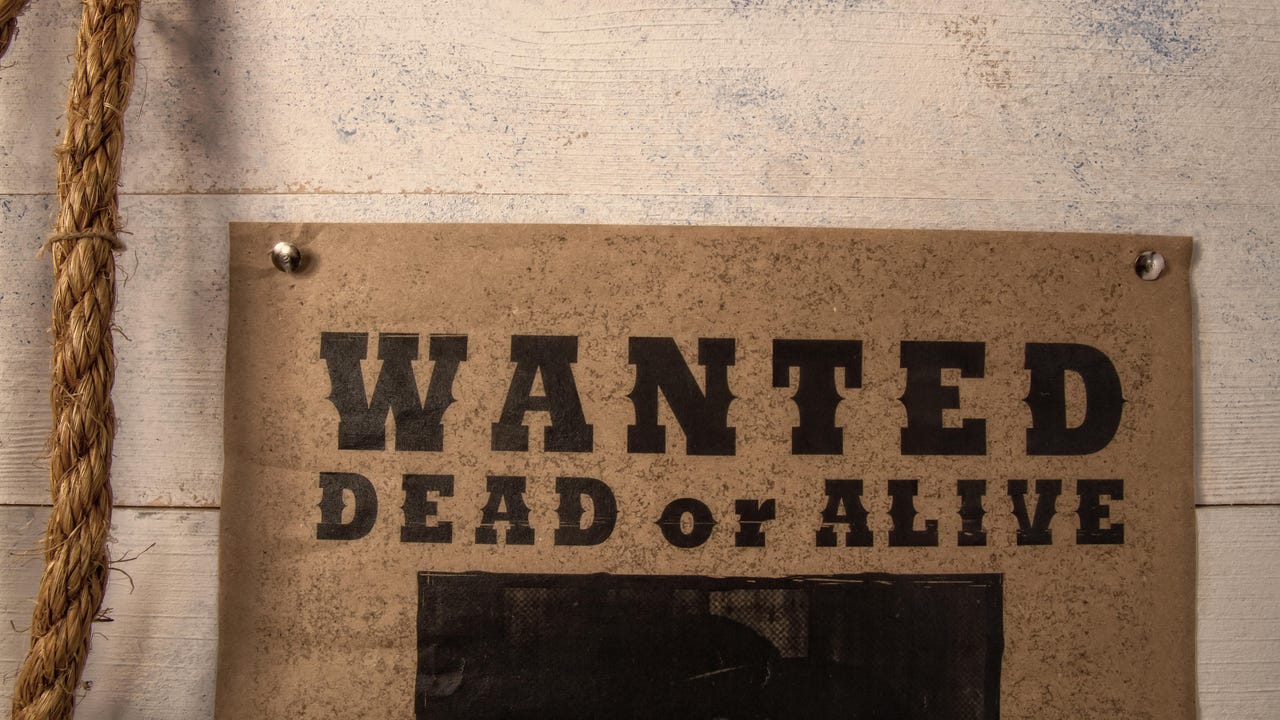
![[Virtual Event] Strategic Security for the Modern Enterprise](https://eu-images.contentstack.com/v3/assets/blt6d90778a997de1cd/blt55e4e7e277520090/653a745a0e92cc040a3e9d7e/Dark_Reading_Logo_VirtualEvent_4C.png?width=1280&auto=webp&quality=80&disable=upscale#)




































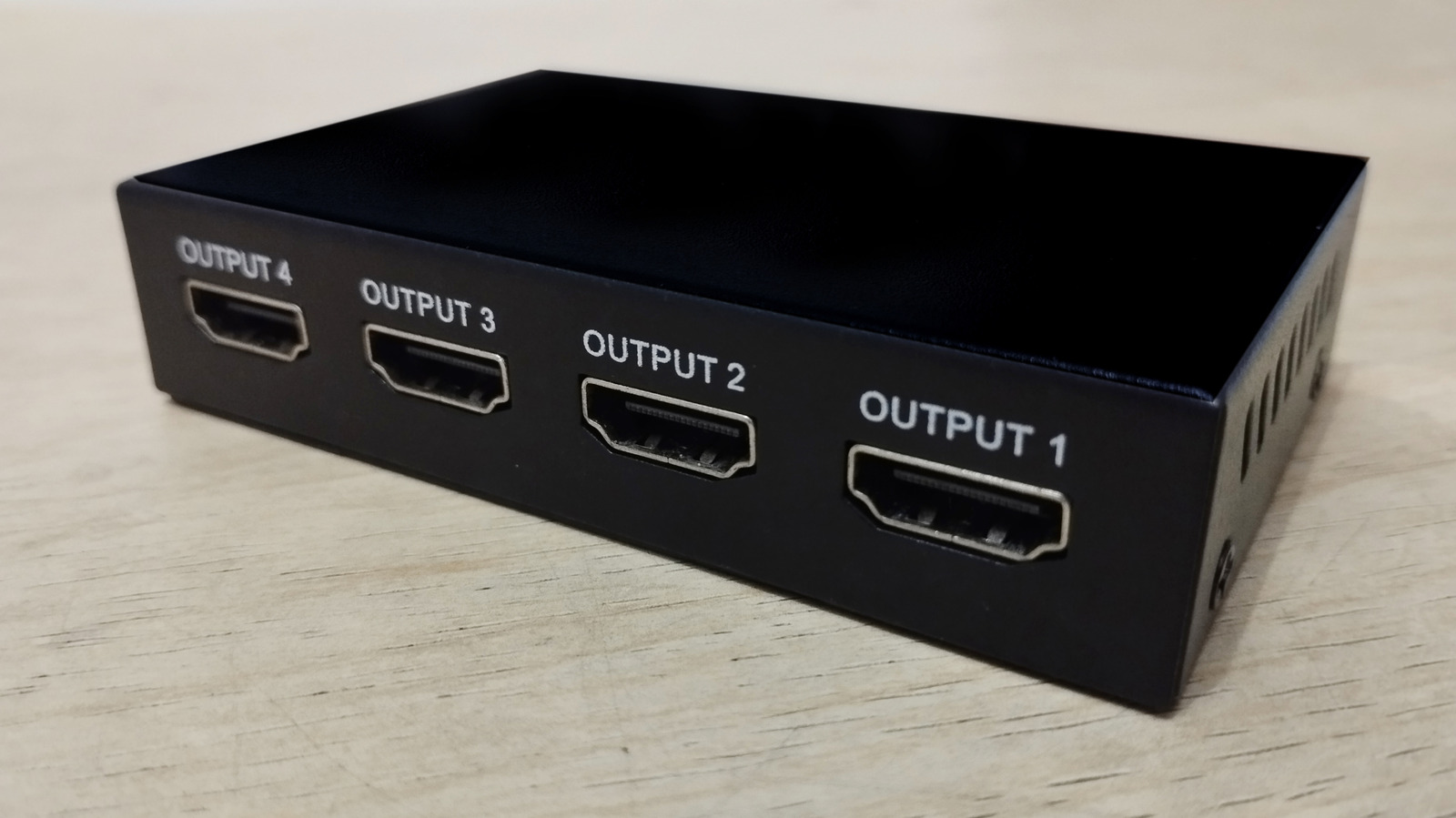













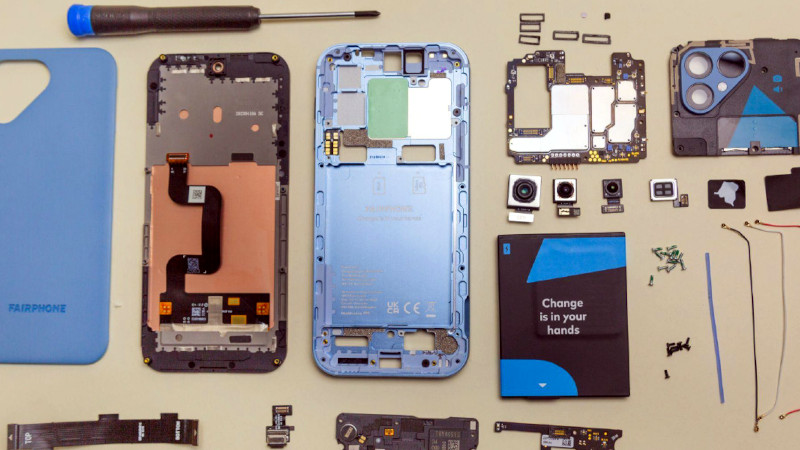
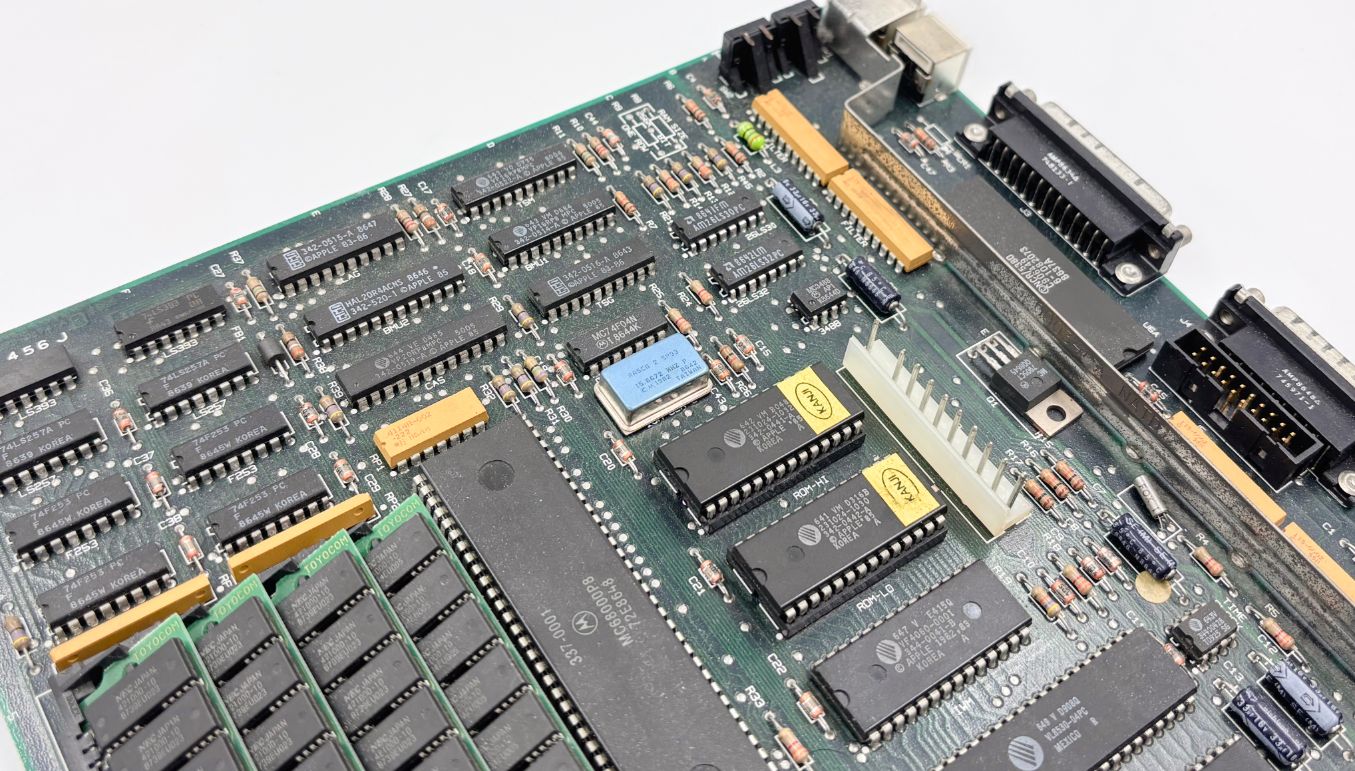



















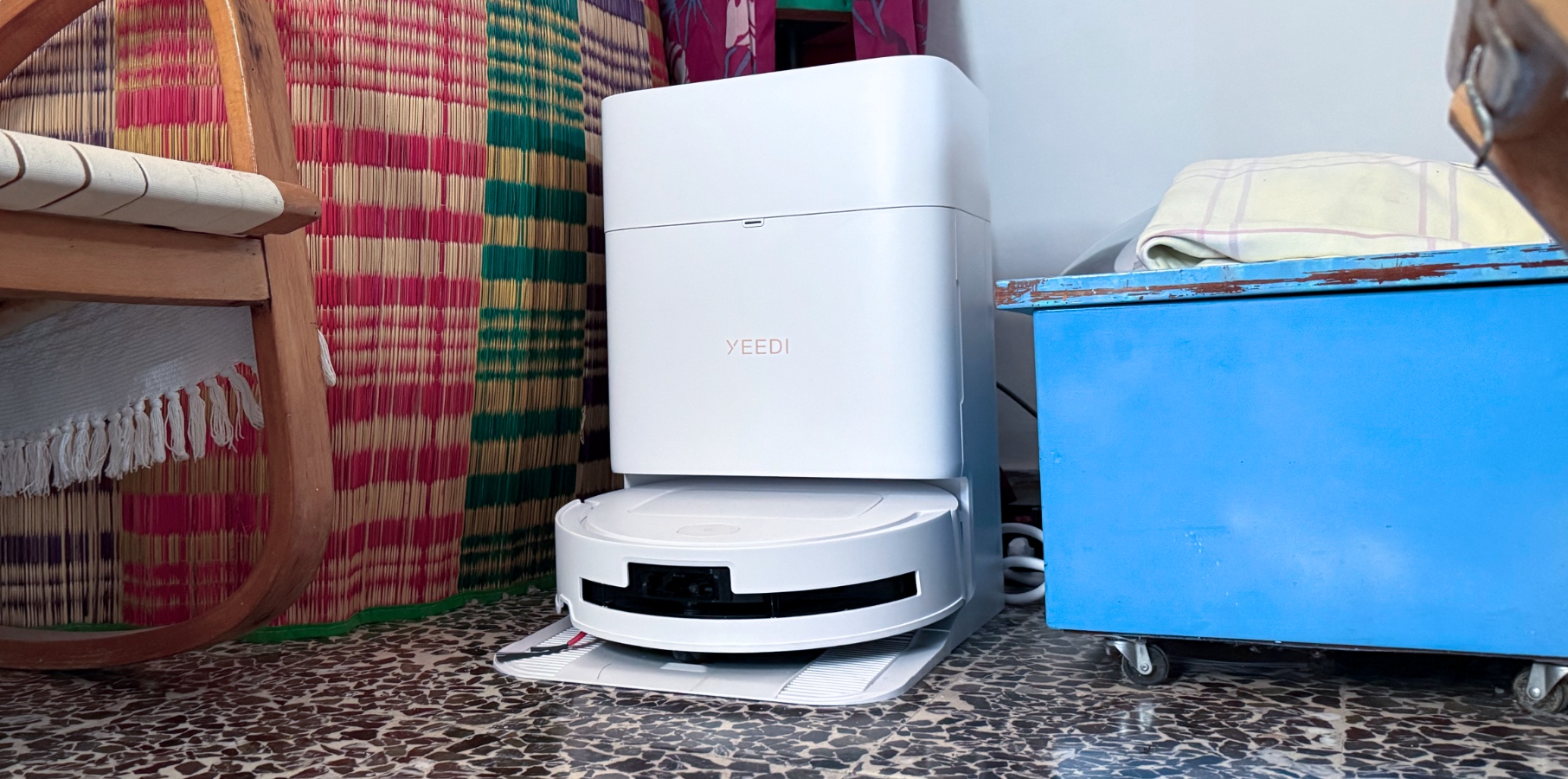

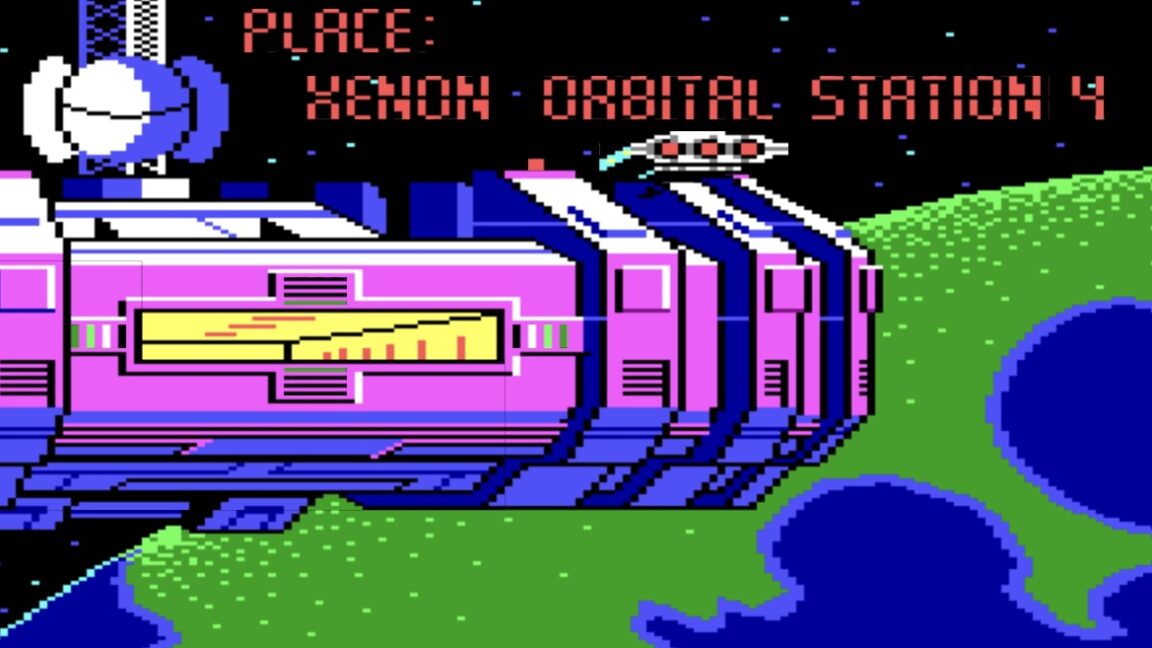





-xl-(1)-xl-xl.jpg)




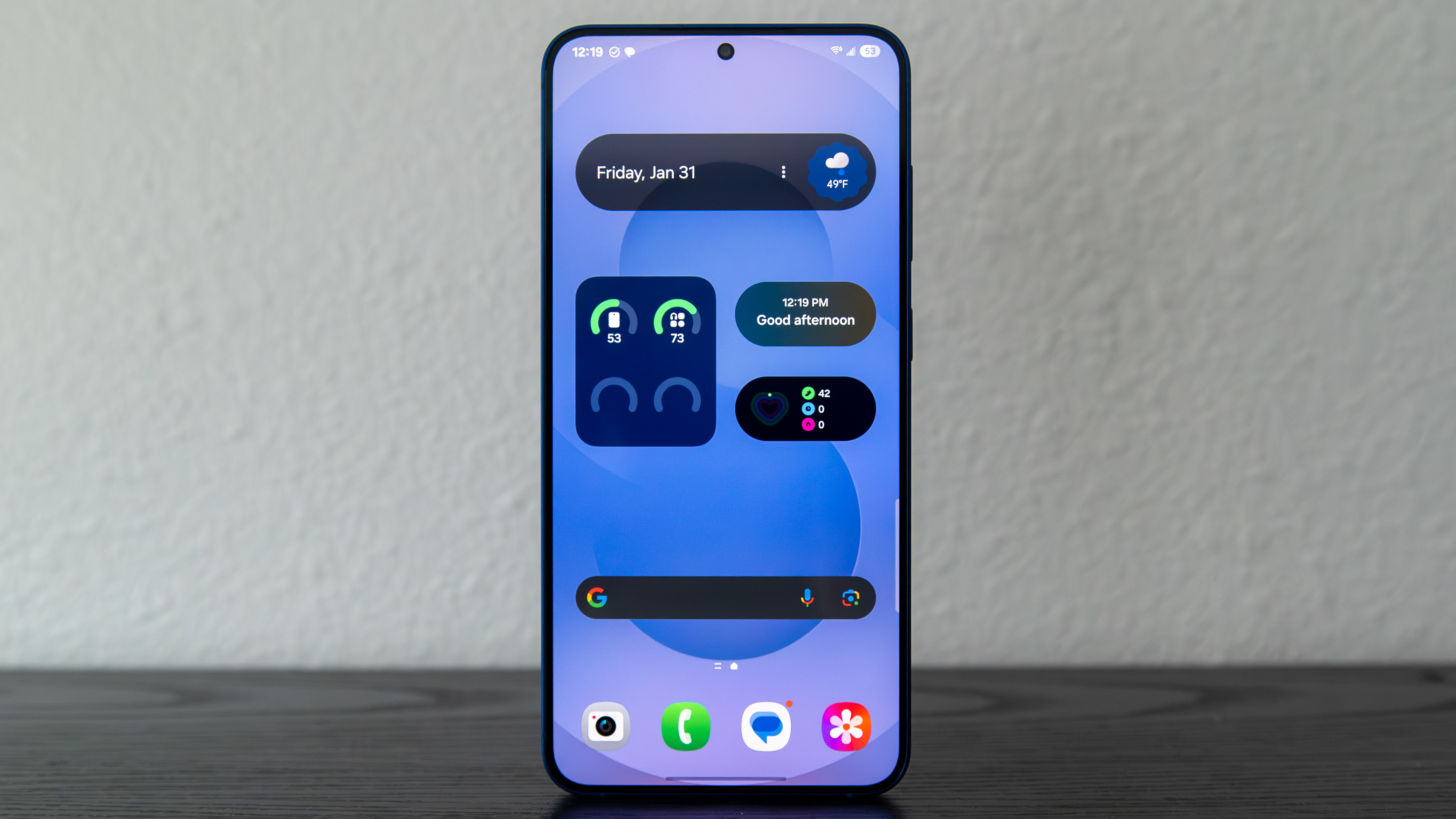

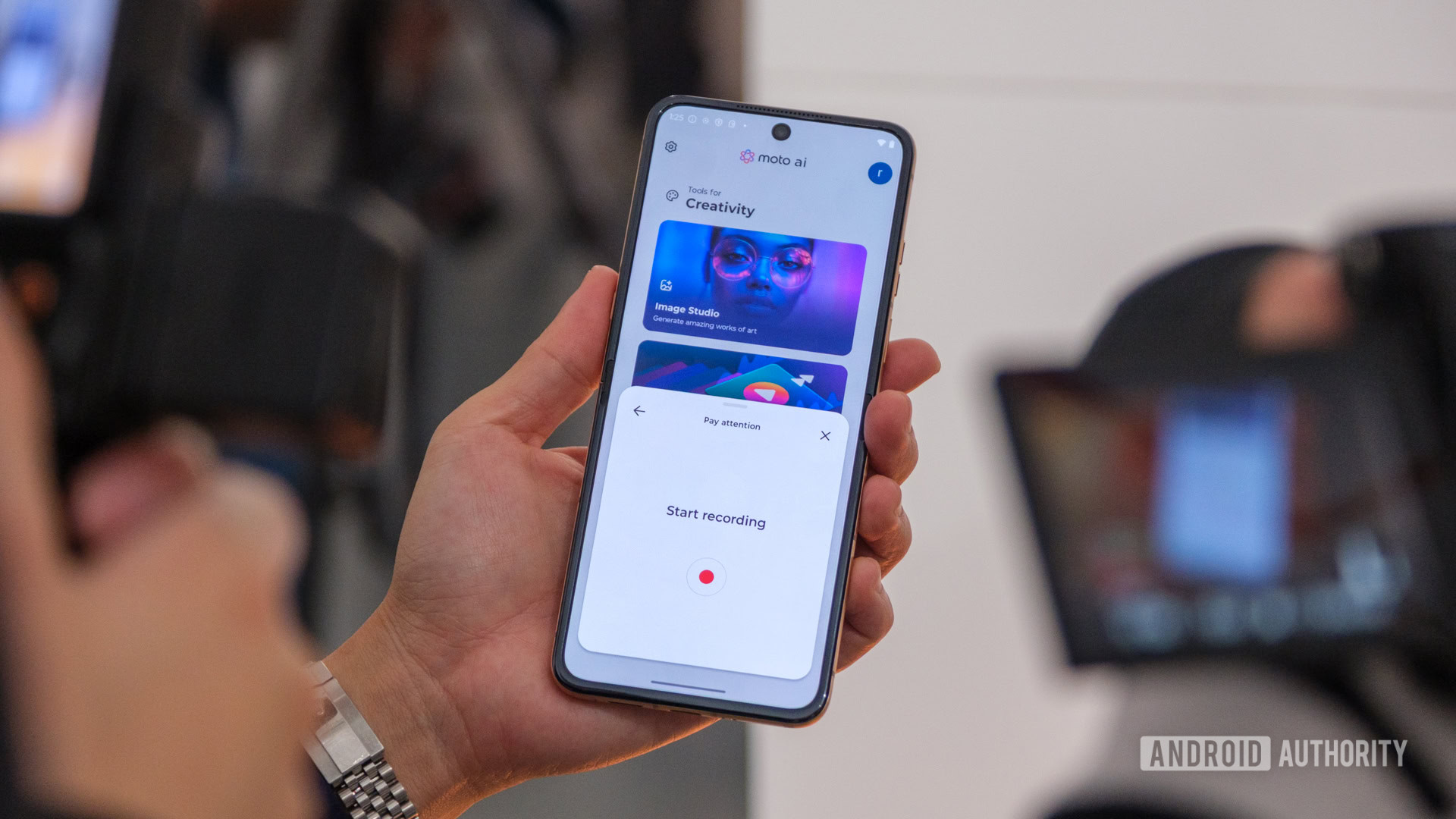



















![iPhone 17 Air Could Get a Boost From TDK's New Silicon Battery Tech [Report]](https://www.iclarified.com/images/news/97344/97344/97344-640.jpg)
![Vision Pro Owners Say They Regret $3,500 Purchase [WSJ]](https://www.iclarified.com/images/news/97347/97347/97347-640.jpg)
![Apple Showcases 'Magnifier on Mac' and 'Music Haptics' Accessibility Features [Video]](https://www.iclarified.com/images/news/97343/97343/97343-640.jpg)
![Sony WH-1000XM6 Unveiled With Smarter Noise Canceling and Studio-Tuned Sound [Video]](https://www.iclarified.com/images/news/97341/97341/97341-640.jpg)







































